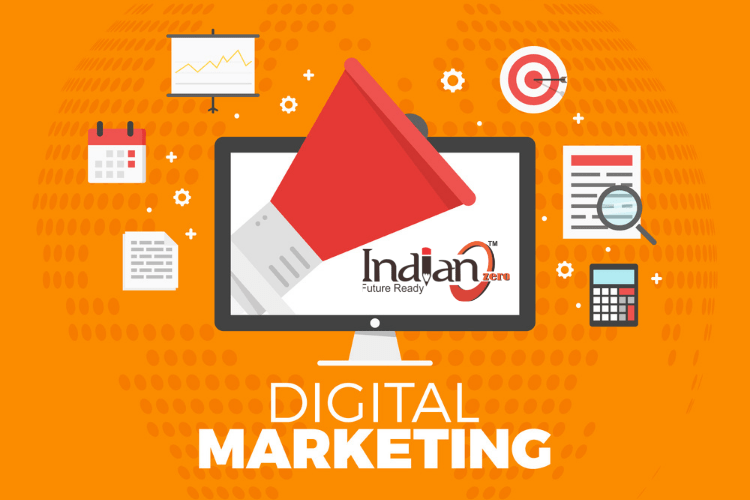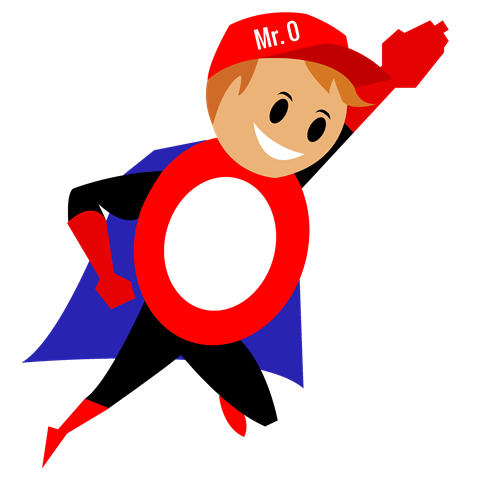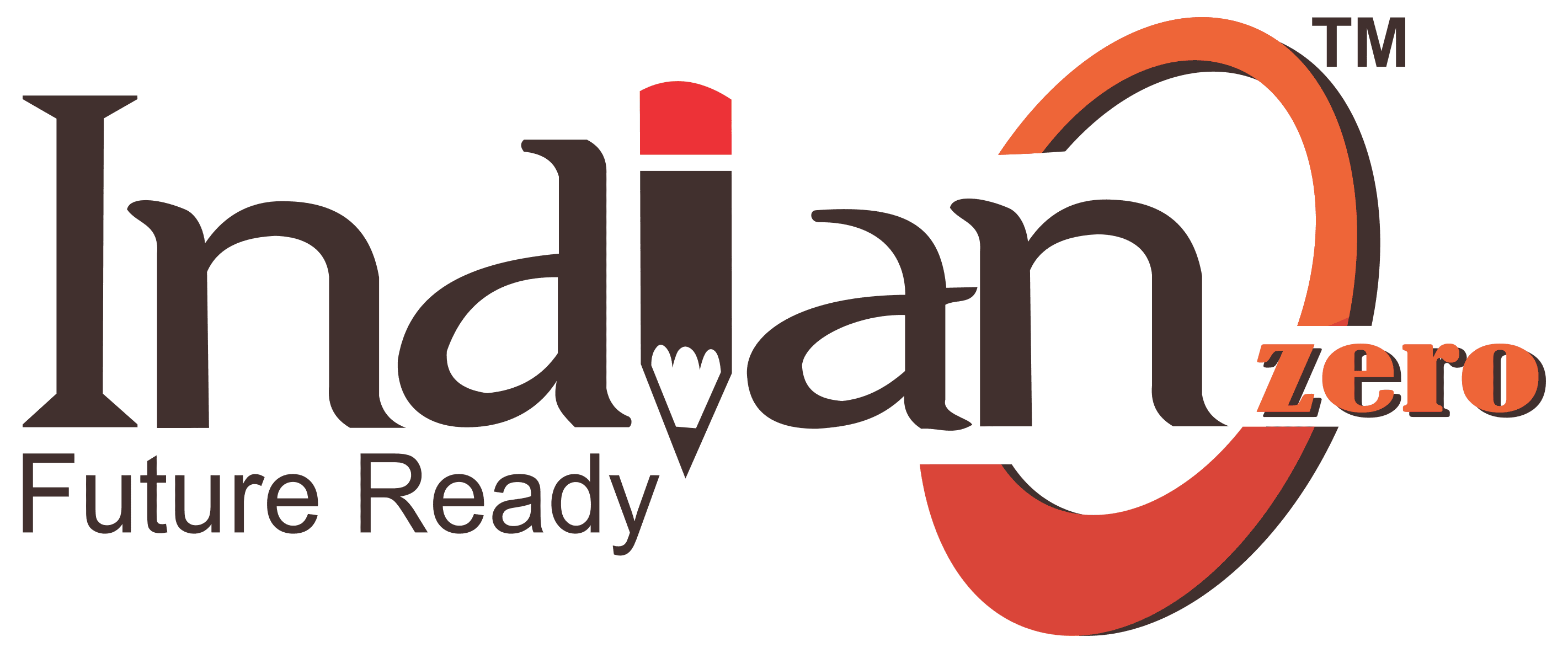
Some Important Digital Marketing Terms to Know
It can be really hard to continue with all the digital marketing terms and definitions, like SMM, PPC, etc. Having a thorough knowledge of these digital marketing terms and concepts, or we can say catchy words, can help you carry on with the conversations, no matter if you are a student, a fresher, or a working professional.
A digital marketer must know all the digital marketing terms, including what and why. The 'what' is to state what each fundamental digital marketing term means and the 'why' to depict the importance of these terms in business, which enables you to understand them better and ultimately use them for all marketing efforts.
1. Conversion rate- A conversion rate is when any user takes a desired action on your website or social media ads. These are divided into Qualified Marketing Leads (MQL) and Qualified Sales Leads (SQL).
2. Engagement rate- Engagement rate indicates the number of people showing interest in your page or content in the form of likes, comments, and shares.
3. Bounce rate- Bounce rate indicates how many users left or bounced immediately after visiting your website without taking any other action.
4. SEO (Search engine optimization)- It means on-page and off-page optimization to increase traffic on the website and improve page rankings on any search engine result page (SERP).
5. Off-page optimization- Off-page optimization includes backlinks, link building, classified ads, and other such off-page marketing efforts.
6. On-page optimization- It includes improving rankings on a search engine through metatags and content improvisation.
7. SEM (Search engine marketing)- Search engine marketing includes paid ads on any search engine result page.
8. SMM (Social Media Marketing)- It includes marketing on various social media platforms, such as Facebook, Twitter, Instagram, Linked In, etc.
9. SERP (Search Engine Result Page)- A search engine result page is the display page that appears on any search engine after feeding in a search query.
10. CTR (Click-through rate)- It could be the CTA (call-to-action) for an ad, email, social media ad, or website page.
11. CPC (Cost per click)- In a paid search campaign, it means the cost of each click that a user actions. Google’s pay-per-click ad campaigns (PPC ads) are the most popular platform for CPC ads.
12. CRM (Customer relationship management)- It is the process of building, maintaining, and enhancing a company’s relationships with its customers.
13. ROI (Return on investment)- It refers to the sales after any paid marketing campaigns.
14. CAQ (Customer Acquisition Cost)- It helps companies predict how much they will need to spend to generate a certain number of customers.
15. CLV (Customer Lifetime Value)- Customer lifetime value is the amount of revenue or business a customer would generate for your company in his or her lifetime.
16. Keyword- Used when searching for something in particular on a search engine. Keywords are used to target online content.
17. Page Performance- It takes into consideration the on-page SEO, website traffic, CTA, and different types of conversions.
18. Page ranking- It is determined by the Google algorithm. Each site is given a ranking on the scale of 0 to 10
19. Impressions- It is an important measure used to scale campaign success in various digital marketing campaigns.
20. Targeting- Targeting is defined by who your audience is – who is it that you’re marketing to?
21. Remarketing- A strategy targeting users who have already visited your website.
22. Open Rate- Indicating the percentage of emails opened from the total number of emails sent out. For this, the email subject line needs to be unique.
Enroll in a Digital Marketing Internship Program today to gain real-world experience. To know further about Indian0, visit the website.



